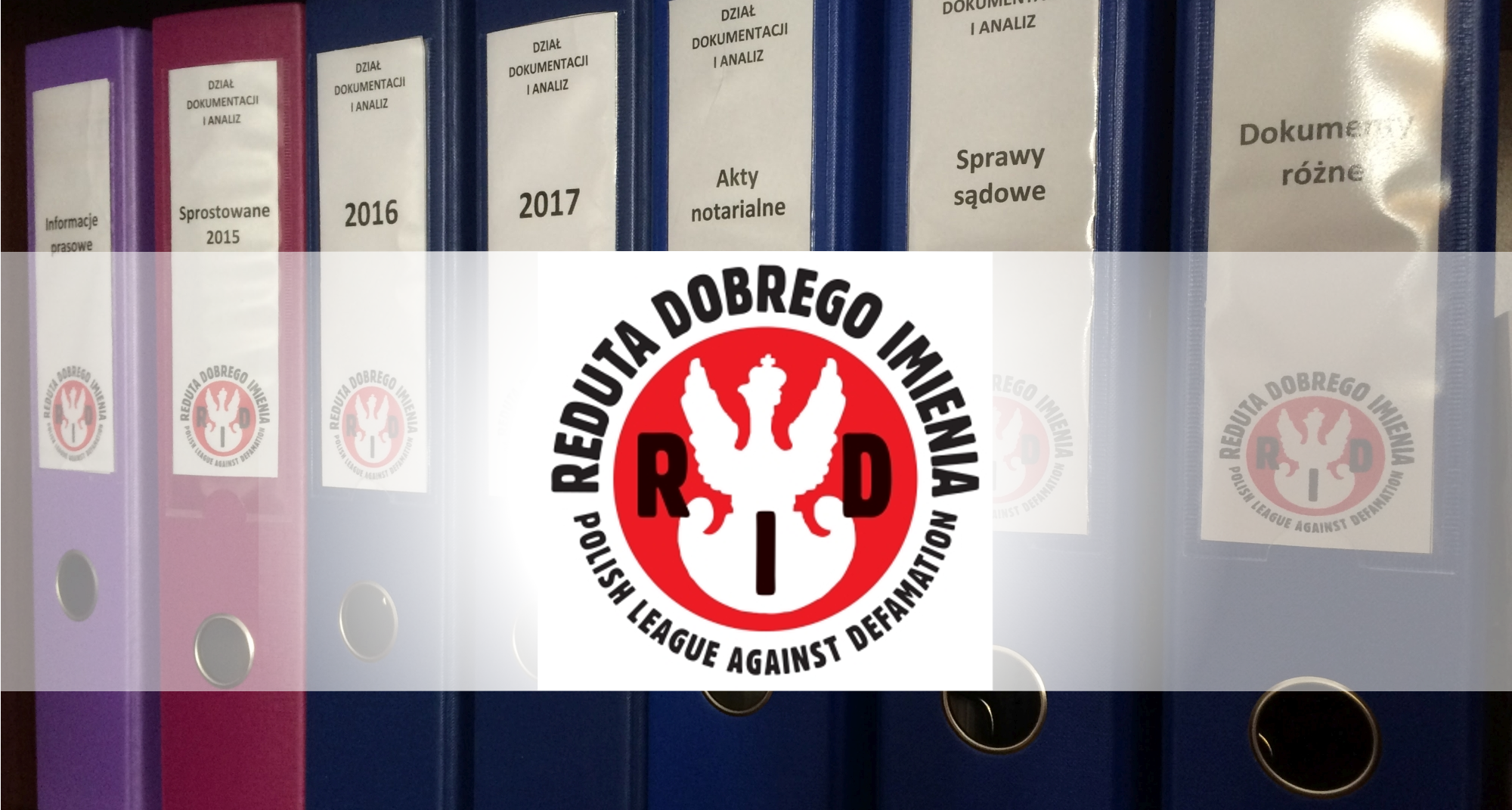July 2016 marked the commencement of a lawsuit against the producers of the TV series “Generation War”.
The lawsuit was brought by an over-ninety-year-old soldier of the Home Army (AK) and the World Association of Home Army Soldiers against the producers of the TV series “Generation War”, i.e., UFA Fiction and ZDF (Second German Television), for violating the personal rights to national identity, to national pride, to national dignity, and to freedom from hate speech.
The TV series included scenes that suggested that the Home Army allegedly served as an accessory to the heinous crimes against Jewish people.
Germans, on the other hand, are portrayed de facto as victims of World War II.
Home Army soldiers demanded an apology on Polish national television (TVP) and on all networks where the TV series was broadcast, and PLN 25,000 as compensation for the violation of personal rights.
The case is handled pro publico bono by lawyers Monika Brzozowska-Pasieka and Jerzy Pasieka from the Pasieka, Derlikowski, Brzozowska and Partners law firm.
The League is covering the corresponding travel and accommodation costs incurred by Home Army soldiers.
—-
The TV series tells the story of five residents of Berlin in their twenties during World War II, and specifically shortly before the German invasion of the Soviet Union in June 1941. One of the protagonists is Viktor, a German of Jewish descent. Because of his Jewish origin, he is sent to Auschwitz, a German death camp in Poland. But he escapes from the train to join a Home Army unit. He takes part in a number of military operations, and he is known for his courage among his brothers-in-arms. However, when they find out that he is a Jew, he has to leave the unit, as the unit in general, from officers to rank-and-file soldiers, is clearly antisemitic.
The TV series as a whole portrays the Home Army and its soldiers in a peculiar, negative light, in each scene involving the unit (from the moment Victor joins the unit, to all the operations, including the climax one involving the train full of people in striped uniforms, bargaining for food with villagers, and, finally, Viktor’s expulsion from the unit). Portrayed as part of the Home Army, the unit seems to be a gang of robbers and other criminals, dressed in semi-civilian, semi-military fake uniforms. All unit members seem to be filled to the bone with passionate hatred towards Jews. Given their behaviour, they are just a group of criminals, who partially disguise themselves by wearing uniforms and white and red armbands with large letters “AK” (worn by all “guerillas” in the film), as if to tell the audience what type of thugs they are (no such armbands were actually worn, except for the Warsaw Uprising). In the TV series, the “guerillas” take every opportunity to make derogatory remarks about Jews, as if their whole life (under the German occupation) revolved entirely around this issue. All characters representing Poles are disgusting individuals who can only repulse the audience.
The producers of the TV series are sued by a 90+ year-old captain, who, being 16 years old, was arrested along with his entire family by the Gestapo in 1940 (because of a foul-up at the print shop responsible for publishing the underground magazine “Walka” [The Fight]) and transported away in 1941 to the Auschwitz-Birkenau camp (camp number 8258). Husbands of his mother’s sisters, who were arrested with him by the Gestapo, died in the camp. He was released from prison as a result of efforts made by the Wedel family. After his return from the camp to Warsaw, he joined the resistance in the Union of Armed Struggle (ZWZ) and then fought in the Chrobry battalion. In 1942, at his own request, he was transferred to the 1st School Assault HMG Company, 4th Region, 5th District, Home Army, Warsaw City Centre. His mother’s sister was involved with the Żegota organisation, while he participated in many operations to rescue and hide people of Jewish origin. His aunt appears, e.g., in W. Bartoszewski’s “Ten jest z ojczyzny mojej” [This one is from my Homeland]. Following his graduation from the NCO Infantry School on 11 November 1943 he was promoted. He fought in the Mokotów District during Warsaw Uprising. After the surrender of the Uprising, he ended up in Stalag (German prison camp) XB Sandbostel as a prisoner of war (registered under number 221371). Following the camp’s liberation, he became Polish Army soldier in Italy, and later served in the Polish II Corps which was part of the British Army. In December 1945, he managed to get to Poland to live in Kraków. In 1951, he was arrested by officers of the Public Security Office, accused of espionage and sentenced to 12 years in prison. During the so-called “Gomulka’s thaw”, the legal classification was changed from espionage to participation “in an organisation”, and after the amnesty of 1956, he was released.

